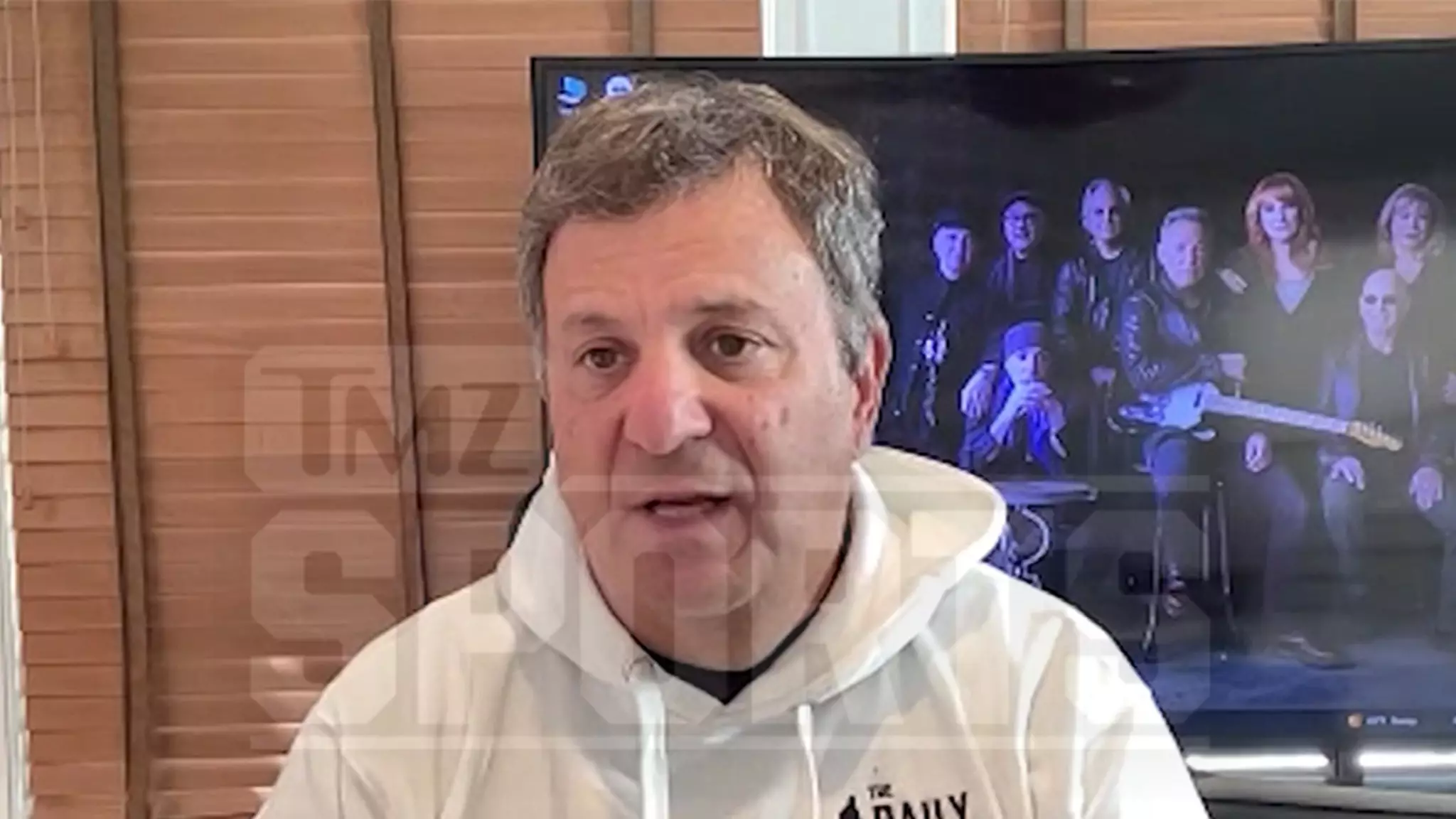The New York Jets’ recent decision to part ways with head coach Robert Saleh came as a shock to many in the NFL community. Following a lackluster start to the season with a 2-3 record, Jets owner Woody Johnson opted for a swift change, igniting a conversation about accountability and performance within the organization. This decision is indicative of larger dysfunctions at play, especially considering Saleh’s three-year tenure where he amassed a disappointing record of 20-36. This decision raises crucial questions regarding timing and the broader issues that have plagued this franchise.
In a statement to TMZ Sports, former NFL general manager Michael Lombardi lamented that this decision, albeit bold, might be too late to rectify course. Lombardi emphasized that the organization had identified problems the previous season that warranted intervention long before the current campaign began. His comments highlight a toxic culture of leadership that might have been ignored for too long. The Jets’ struggles are not merely a reflection of one man’s coaching acumen but rather indicative of systemic issues that have hindered their success.
Lombardi further pointed to offensive coordinator Nathaniel Hackett as a potential scapegoat. Despite significant offensive talent, the Jets have underperformed, averaging just 18.6 points per game, raising eyebrows about why Hackett still maintains his position. The continued struggles on the offense suggest that simply firing Saleh will not resolve the underlying issues present in the team’s operations.
One intriguing aspect of this coaching shakeup is the close relationship between Hackett and veteran quarterback Aaron Rodgers. The bond they share might complicate matters further, as players often look to their stars for guidance, potentially leading to divided loyalties within the locker room. Lombardi’s assertion that the blame cannot solely rest on Saleh is supported by this dynamic. It raises the question: can a new head coach effectively steer the team back on course or will the existing relationships within the coaching staff continue to hinder progress?
As Jeff Ulbrich steps into the interim head coaching role, he faces an uphill battle not just to right the ship but to establish a renewed sense of accountability and direction for this beleaguered franchise. With the first game against division rivals, the Buffalo Bills, looming large, the stakes could not be higher. Ulbrich has a crucial role in evaluating the team’s potential going forward and securing a permanent position as head coach if he can show significant improvement.
While the Jets’ decision to fire Saleh is a stark move, it is merely one piece of a much larger puzzle. Without addressing the fundamental issues within the organization, from management decisions to the performance of coaching staff, this franchise may find itself in another cycle of underachievement. The clock is ticking on Ulbrich and the Jets to kickstart a culture of winning or risk sinking deeper into dysfunction.


Leave a Reply